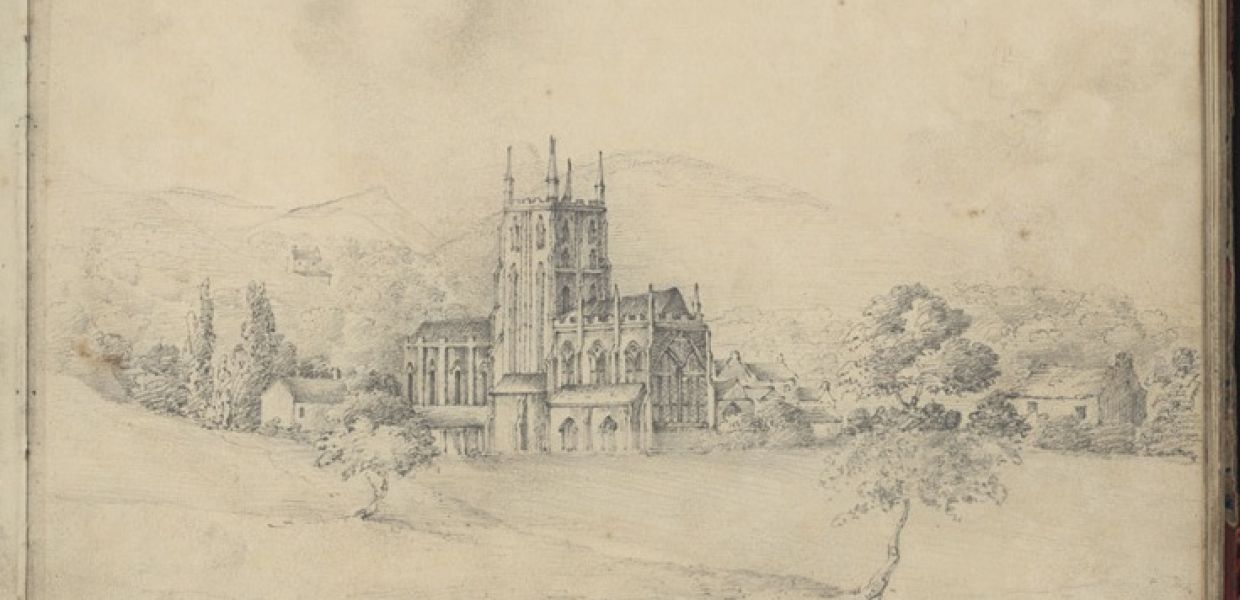By 1907, when the National Library of Wales was founded, Wales had gained a great reputation for its active printing press. In a sense, the Library was a culmination of the most proactive publishing period Wales has ever seen. It also provided an appropriate space for keeping an impressive collection of early Welsh manuscripts, stored at Aberystwyth University before the Library was founded.
Originally, the institution’s main focus was to manage documentation and information, rather than understand or interpret sources. However, the establishment of a National Library in Wales emphasised the crucial role of the written word within the national cultural landscape.
The Library continues to acknowledge Wales as a singular entity, with its own unique heritage and culture. As stated in the institution’s Royal Charter; the Library is ‘to collect, preserve and give access to all kinds and forms of recorded knowledge, especially relating to Wales and the Welsh people.’. It is, therefore, a valued cultural institution that serves as the memory of a nation. The National Library of Wales unquestionably enhances the notion of Welsh identity, both through its collections and its very existence.
Changing role of the National Library of Wales with regards to national literacy
Today, it may be argued that the role of the library in promoting literacy is as important as ever before.
As digital technologies make information more accessible, literacy skills, both traditional (reading, writing, etc.) and new (data analysis, coding, etc.), are needed to manage and interpret collections. Literacy, when defined in broader contemporary terms, are the sets of skills needed to create, manage and interpret information in the digital age.
In a society where information is ‘universally’ accessible, does the role of a Library (rather than the information it holds) define its value to society?
The National Library of Wales is taking the initiative to embrace participatory technologies and movements that create opportunities to develop and exercise literacy skills, while also enabling deeper engagement with its collections.




